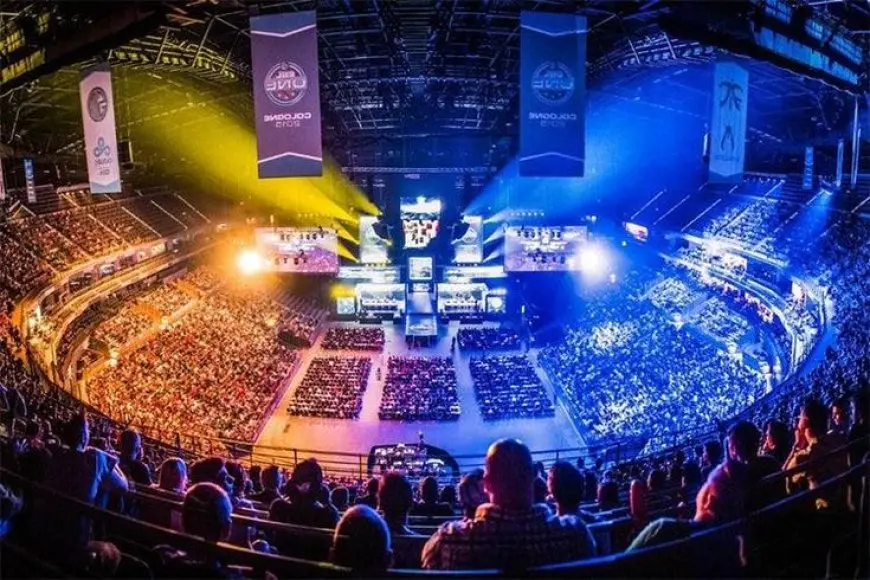The Rise of Esports in the Entertainment Industry
The Rise of Esports in the Entertainment Industry

Esports, or competitive video gaming, has transformed from a niche hobby into a global entertainment phenomenon. Over the past decade, the industry has seen exponential growth, with millions of players, spectators, and significant financial investments making esports one of the most dynamic sectors in the entertainment world. Its rise has reshaped how we view gaming, transitioning from a pastime to a legitimate competitive sport with professional leagues, sponsorships, and broadcasting rights.
A key factor behind esports' surge is its ability to combine the thrill of traditional sports with the excitement of digital technology. Just like traditional sports, esports features tournaments, professional athletes, and die-hard fans. However, the appeal of esports extends beyond the gaming community. It has attracted attention from various industries, including mainstream entertainment, tech companies, and even traditional sports organizations. The global reach of esports, thanks to digital platforms like Twitch, YouTube, and other streaming services, has played a significant role in its growth, allowing fans from across the world to watch events live and engage with content in real time.
The competitive nature of esports also mirrors that of traditional sports, with athletes competing for cash prizes, sponsorships, and titles. Games like League of Legends, Dota 2, and Counter-Strike have become household names, drawing millions of viewers to international tournaments, some of which rival the prize pools of major sporting events. The popularity of these games has contributed to the professionalization of esports, with dedicated teams, coaches, analysts, and organizations forming to support players and elevate the overall competition.
Esports has also brought about a shift in how we perceive gaming culture. Once seen as an isolated or even stigmatized activity, gaming is now viewed as a legitimate form of entertainment and skill. Universities and colleges offer scholarships for esports players, while gaming companies and tech giants sponsor events and provide platforms for streaming. The recognition of esports as a professional career path has encouraged a new generation of players to pursue gaming with the same seriousness as any other sport.
Additionally, esports has successfully integrated with mainstream media. Networks like ESPN, Turner Broadcasting, and even major sports networks have started airing esports events. Large-scale esports tournaments are now broadcast on television, and some events even fill stadiums, much like traditional sporting events. The increased visibility of esports has made it more accessible to broader audiences and helped bring the competitive gaming world into the cultural mainstream.
With the rise of mobile gaming, virtual reality (VR), and augmented reality (AR), the future of esports looks even brighter. These technologies have the potential to revolutionize the way games are played and consumed, offering even more immersive and interactive experiences for players and fans alike. The esports industry continues to evolve, with new games, formats, and technologies constantly being introduced, keeping the audience engaged and excited for what’s to come.
Esports has not only grown as an entertainment form but has also carved out its own unique place within the entertainment industry, offering a blend of competitive gaming, entertainment, and global culture. The continued expansion of the industry shows that esports is more than just a passing trend; it’s a cultural movement that’s here to stay.







